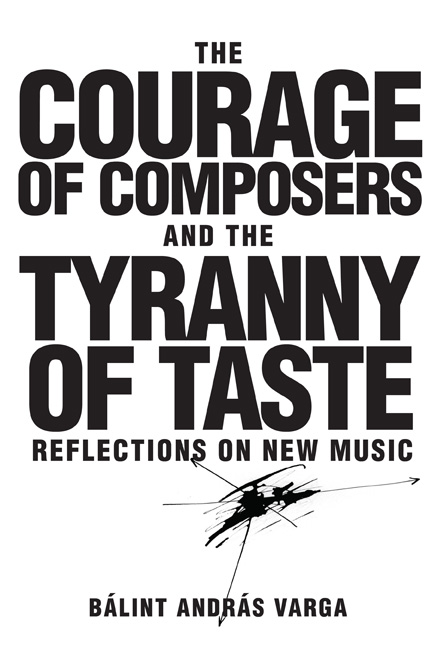8 - Chaya Czernowin (b. 1957)
Published online by Cambridge University Press: 22 May 2021
Summary
The State of Israel is a tiny country with a population of some eight and a half million people. It has produced proportionally many outstanding instrumentalists and singers who have made international careers. On the other hand, for whatever combination of reasons, there seem to be few Israeli composers who have had international success. I used to maintain a shortlived correspondence with Dan Yuhas (b. 1947), whose surname has obvious Hungarian roots (juhász means shepherd). In Donaueschingen especially, I would come across the name and the music of Dror Feiler (b. 1951). Most important, perhaps, I met Josef Tal (1910–2008) on my only visit to the country of my ancestors; I met him in his home overlooking the old city of Jerusalem. A few years later, he had a world premiere played by the Berlin Philharmonic, which brought him to Germany.
But there is no doubt in my mind that the one Israeli composer whose name has a familiar ring to it is Chaya Czernowin. She is the first one who comes to mind when one thinks of Israeli composers; her presence in our musical life is a simple fact of life.
We met on her visit to Vienna in the lobby of her hotel and I was struck by the depths in her dark brown eyes—the eyes of someone who has experienced much in life, the eyes of a thinker and perhaps, I hardly dare write this, the eyes of someone who knows more unhappiness than she does happiness. (How far one is allowed to go in making public one's subjective impressions, I do not know. But I am trying to write in these introductions the truth—my truth).
I was very happy with our interview, for her replies never failed to surprise me. How right she is, for example, that it is extremely difficult to reach a state of genuine loneliness—that it is something to aspire to rather than dread—to dispel the specters of all one's former influences, whose opinions might prove stultifying once one has developed a world of one's own. I used to imagine that the loneliness of a creator sitting at a desk might equal the earsplitting silence of a vacuum. How wrong I was—I now know that, thanks to Chaya Czernowin.
- Type
- Chapter
- Information
- The Courage of Composers and the Tyranny of TasteReflections on New Music, pp. 62 - 66Publisher: Boydell & BrewerPrint publication year: 2017



